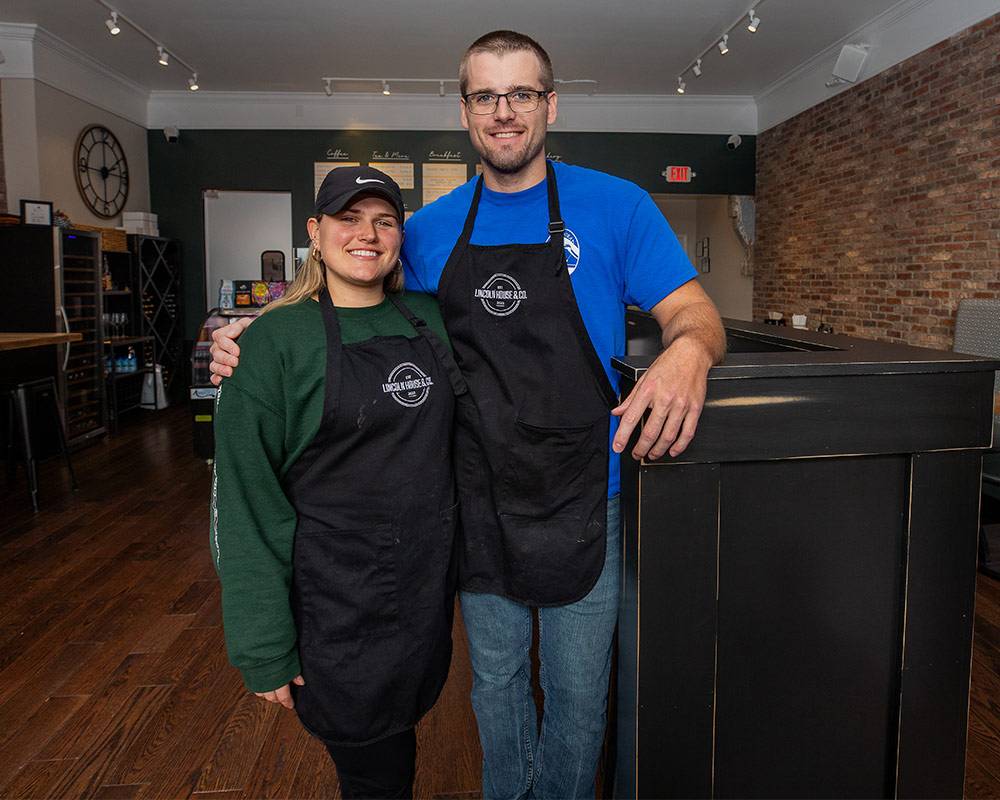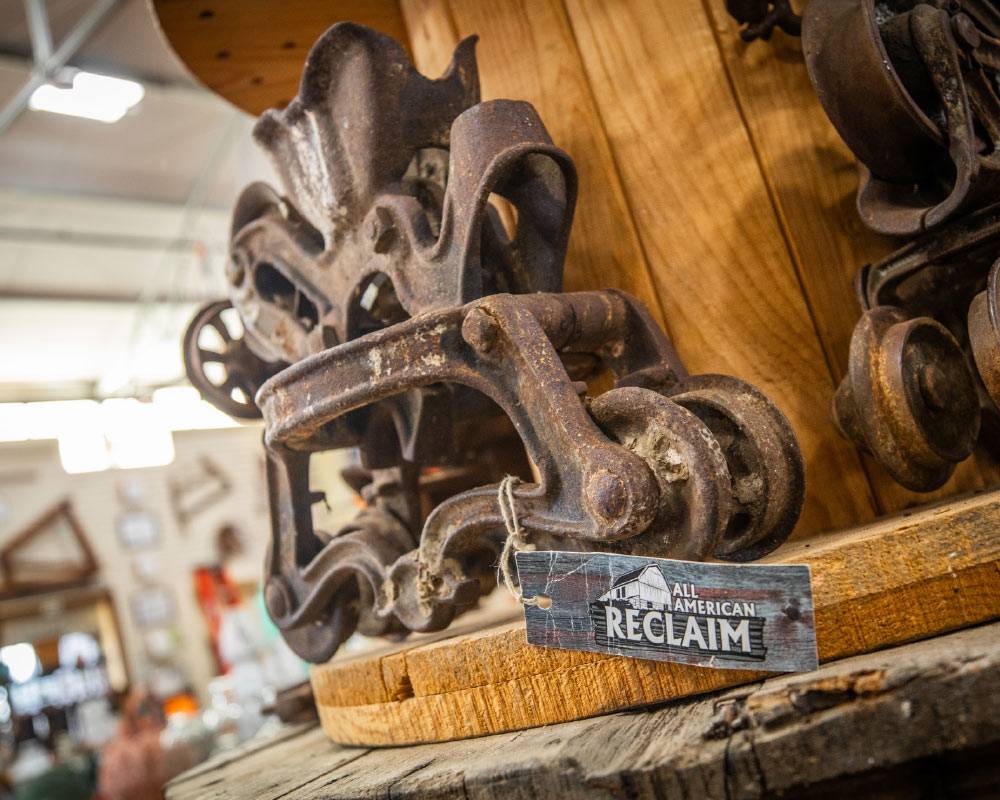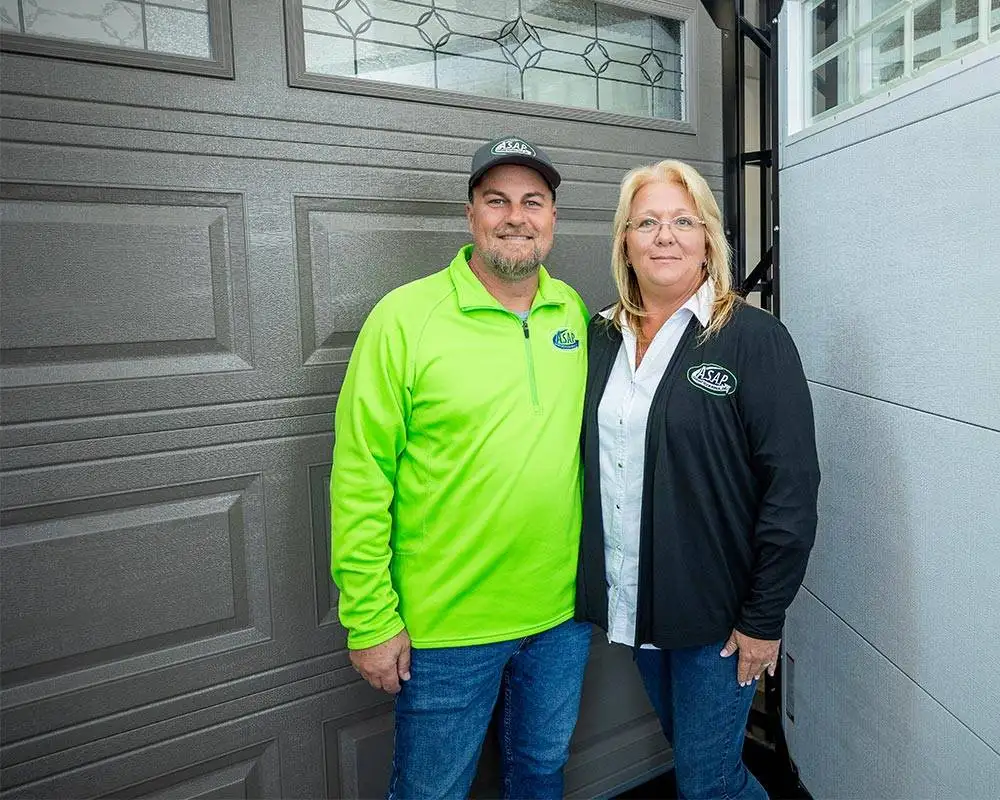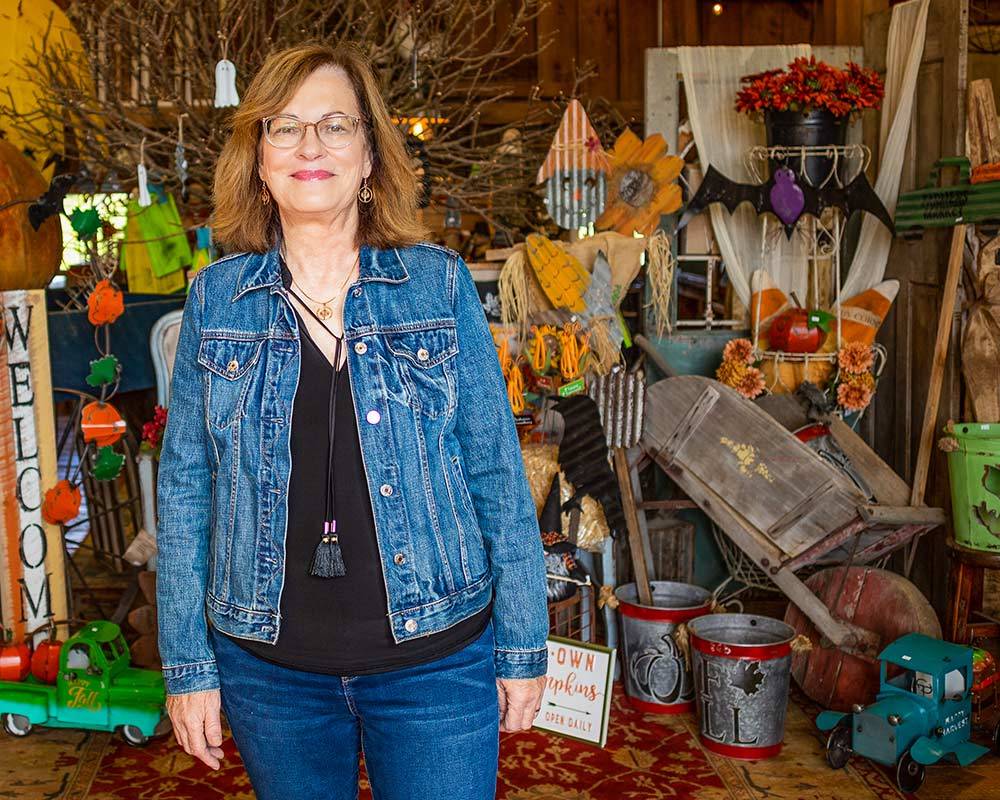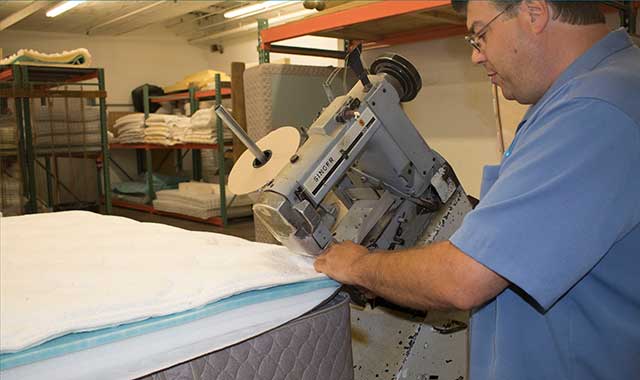Ray Westman, a Verlo Mattress store owner, knows a good mattress. Learn from this expert on why a custom-made mattress provides a different value from its big-box competitor.

Do you know where your mattress is made? For that matter, do you know what’s inside your mattress?
You can rest assured that Ray Westman, franchise owner of Verlo Mattress stores in McHenry, Crystal Lake and Lake Geneva, knows the “ingredients” of a mattress, and he knows how to adjust the “recipe” to fit every customer’s sleeping style. Whether you like a mattress rock-hard or princess-and-the-pea soft, the team at Verlo can fit your preference because every bed here is made one at a time, inside an in-store factory.
Shoppers who tour the showroom can watch as workers layer colorful foam and plush covers atop a bed of wrapped coils.
Westman values this transparency and believes that mattress shopping should be as easy as ordering a sandwich.
“Your mattress isn’t built until you order it,” he says. “Lying on a mattress and selecting one you like is almost like ordering a BLT. You like the sandwich, but you say, ‘Can we get it with a little extra mayo?’ Of course we can give you some extra mayo.”
To make the shopping process even easier, Verlo numbers its models. At the most basic, entry level is the v1. At the high, luxury end is the v11. A move up the line brings consumers longer product warranties and larger amounts of higher-quality materials. The difference between these mattresses and brand-name competitors begins with materials.
“That’s what makes a $1,000 mattress last longer than a $500 mattress,” says Westman. “For the Verlo concept, whatever the budget of the consumer, we can still give them a better-quality product for their dollar value.”
The fact that Verlo produces its own mattresses allows it to sell higher-quality products at a competitive price, says Westman. Whereas a large-scale brand sells directly to distributors who then sell to retailers, Verlo keeps its costs down by assembling each mattress on-site.
“Because we cut out the middle man and use better materials, a $1,000 mattress here will give you better-quality raw material in the bed,” says Westman. “If you spend $1,000 in a retail store you’re paying more for markup and less for material.”
A mattress purchase at Verlo comes with another perk that’s rarely found at big-box retailers: continued customer service. The company’s unique Lifetime Comfort Guarantee ensures that every mattress can be adjusted as consumer preferences change and materials age. The guarantee
promises a free, one-time adjustment in the first year of the mattress, with nominal charges for subsequent work.
Westman sees mattresses as more of an investment, one that’s somewhat akin to a car.
“If you have a problem, you’re not just going to throw away the car and get a new one,” he says. “You’re going to have the mechanic change the spark plugs or change the fuel filter. We can bring your mattress back to the store, take it apart, rebuild it and put it back together so that it’s harder or softer. Whatever your issue is, we’ll be able to help solve it.”
Sometimes, that means bringing the customer back to the factory and asking them to test the new arrangement. Because of the way the mattress is built in the first place, workers can easily adjust the bed without destroying its innards. A standard bed can very quickly become a personalized bed, with minimal effort.
“A lot of the reconstruction is just rearranging the materials already in the mattress,” says Westman. “When you have a mattress with four layers of padding, you might have the firmest layer on the bottom, then the less-firm layers, and the softest layer on top. If I take the firmest piece of padding and put it on top, that will change the entire dynamics of how the mattress feels and how it contours to your body.”
Westman finds that in many cases, small service adjustments help to forge loyal customers and improve the customer relationship.
“Service doesn’t cost the company any more than time and effort, and now I’ve got a hugely satisfied customer,” says Westman. “Whenever they need a new bed for the master bedroom or for little Johnnie, or they have a friend for dinner, they’ll remember. It’ll be like, ‘You won’t believe what Verlo did for me.’ And that’s where our business grows.”
Customer service has been a hallmark of Verlo Mattress since it began in 1958 with two Illinois furniture store owners. The company now maintains more than 40 stores across seven states. Many of the company’s franchise owners, like Westman, rose through the ranks before taking command.
Westman began his own career at the Crystal Lake store in 1985, fresh out of high school. He rose to the rank of general manager before purchasing the store in 1994, when its owners decided to move to Minnesota and open a new location.
“Most of the stores that opened in the early ‘80s were family-owned and -operated,” Westman says. “Then the next stores that opened up were consumers who bought from us and liked the experience.”
Much has changed in the mattress industry over the past three decades. For one thing, cheaper mattresses are now sold like a commodity, with many low-cost options available at big-box retailers. Shoppers also tend to do a lot of online research before committing to a product or retailer. It’s a trend that’s actually worked out well for Verlo.
“Typically, when we get a shopper in here and then they shop somewhere else, they will come back,” says Westman. “Once they’ve been somewhere else, after being here, they definitely see a difference in the quality of the construction.”
Verlo’s construction methods, better-quality materials and service guarantees add up to a noticeable gain in product lifetime. According to big-name mattress companies, consumers should replace their beds every 8 years. But Verlo mattresses can last almost twice as long.
“Our mattresses will last, on average, 10 to 15 years,” Westman says. “We’ve had people come in after 20 or 25 years and say, ‘Nothing’s wrong with it, it’s fine, but just because of its age we’re going to put it in the guest room and buy ourselves a new bed.’”
To the ecologically minded consumer, Verlo mattresses help to reduce the carbon footprint because there’s less travel involved in the construction of each bed. Covers are quilted in Cicero. Other suppliers ship materials directly to the store. And, because the factory is located in-house, customized mattresses for boats, recreational vehicles and antique bed frames are no trouble.
Verlo customers can expect to receive their new mattress within about a week, but seeing as the factory is feet away from the showroom, production schedules are negotiable.
“It all depends on the customer. We can work on whatever timeline they need,” Westman says. “So, a customer might come in to the store and their comment is, ‘How fast can I get that?’ We can work with them, but typically we work about a week out.”
Over the past 30 years, Westman has helped many a customer to sleep better, knowing they have help when their mattress is no longer comfortable.
“The service aspect is something that we can definitely hang our hat on, because nobody can do that,” he says. “There just isn’t anyone else out there who can do it because they don’t build it.”













